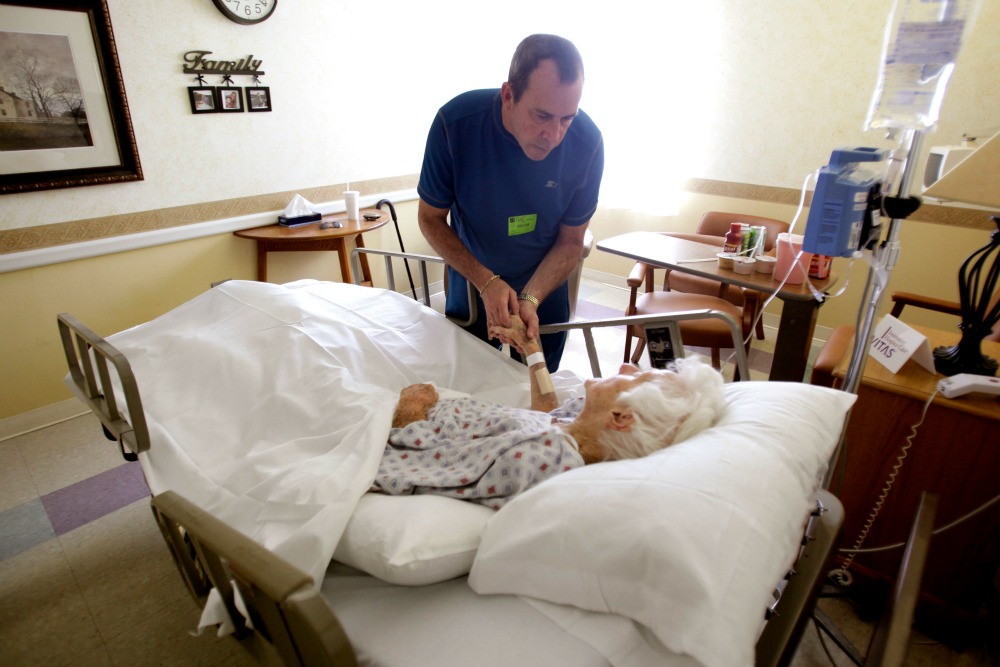
Radio NZ News 22 April 2021
Family First Comment: No surprises in this. It’s a bit like very few doctors wanting to perform abortions. Medical professionals never entered the profession to kill people.
“The demand for assisted dying will have to be met by a workforce overwhelmingly opposed to being involved and a health system some doctors say is already struggling with a lack of resources. Only 10% of health practitioners described themselves as “definitely willing” to provide assisted dying with a further 20% saying they are “possibly willing,” according to a Ministry of Health workforce survey.”
More than a 1000 people are expected to request to end their lives in the first year of New Zealand’s assisted dying regime.
Chief medical officer Andrew Connolly said the Ministry of Health was expecting about 1100 patients to make the request, although it was predicting only about a third of those would carry through with euthanasia.
The demand for assisted dying will have to be met by a workforce overwhelmingly opposed to being involved and a health system some doctors say is already struggling with a lack of resources.
Only 10 percent of health practitioners described themselves as “definitely willing” to provide assisted dying with a further 20 percent saying they are “possibly willing,” according to a Ministry of Health workforce survey.
The lack of doctors willing to carry out assisted dying may lead to those doctors who are willing to have to travel the country administering euthanasia if the service is not available in all areas.
Connolly said having a ready and willing workforce was the biggest challenge to setting up the assisted dying regime, which comes in on 7 November.
The Ministry of Health initially said its survey of nearly 2000 health practitioners showed 30 percent were definitely or possibly willing – a number the Minister of Health Andrew Little said gave him confidence the workforce to deliver euthanasia would be available.
But the breakdown now provided to RNZ describes a less enthusiastic workforce, with just 10 percent saying they were “definitely” willing and a further 20 percent saying they were “possibly” willing.
READ MORE: https://www.rnz.co.nz/news/in-depth/440976/only-10-percent-of-health-workers-definitely-willing-to-carry-out-euthanasia-survey



